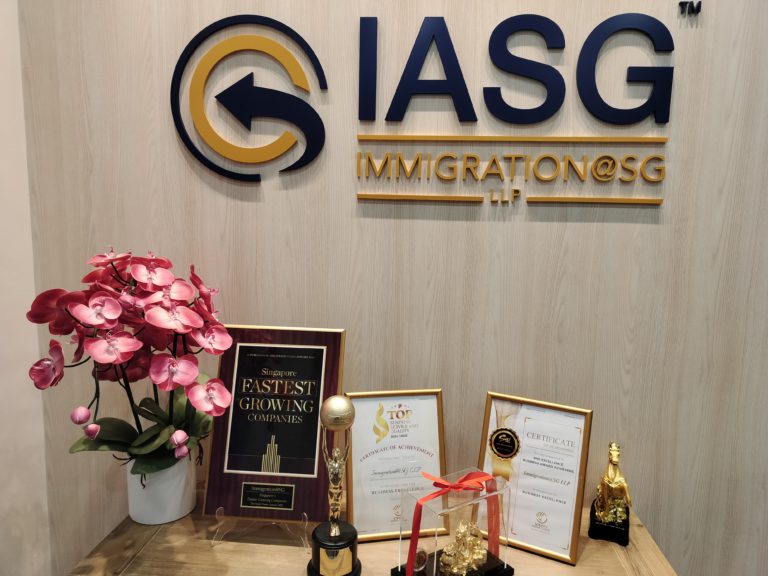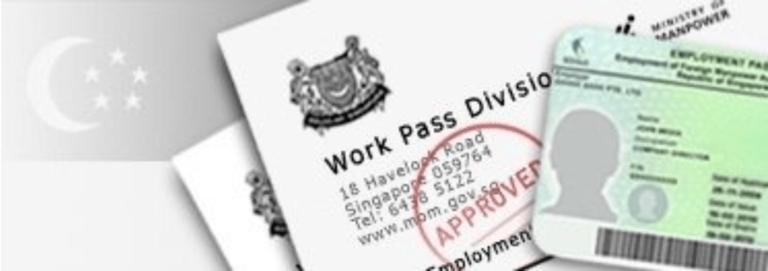Singapore’s image as a wealthy country doesn’t come without caveats. People from all over the world come to Singapore to seize financial opportunities. With Singapore’s robust business ecosystem, investors both local and foreign have a wide variety of options to put their money into. However, in today’s political and economic environment, big countries such as the USA are protecting their industries and workers. A new law, SIRA, has been recently passed to protect Singapore’s national security interests.
What is the new Significant Investments Review Bill (SIRA)?
This new law, the Significant Investments Review Bill (SIRA), will complement the existing sector specific laws to safeguard critical supplies such as energy and food. This is to ensure that the risks of a disruption of essential services is greatly minimised. While Singapore encourages and even promotes investments coming into the country, especially from foreign corporations and individuals, it is in the country’s best interest to regulate the ownership and control of specific entities.
Designated entities that are identified as crucial to national security will go through more stringent processes.
- Apart from the changes in percentage share of an entity or in the event of an acquisition of an entity, government approvals have to be sought for the appointment of key positions in management such as the CEO.
- These entities also cannot be voluntarily wound up or dissolved without the minister’s consent. The Singapore government can also step in if national security issues arise or the delivery of essential services is disrupted.
- The new law will also have control of all entities including non-designated entities when it goes against national security interests and the ownership and control transaction have taken place within the two years prior to the act against national security.
Singapore is not the only country that is tightening its investment regulations. Other countries like China, USA, and UK are also doing the same. This means that top financial hubs in the world such as New York, London, and Shanghai might also be affected by their respective investment laws. How does Singapore compete amongst these top financial hubs in these critical times?
3 Advantages of the SIRA Law for Investors
While most developed nations tighten investment regulations, even with SIRA, Singapore remains an open market economy, thus maintaining its position as an attractive investment destination. The Ministry of Trade and Industry (MTI) has assured that SIRA is a business-friendly law. Below are some advantages to the SIRA law for investors.
- Due to the stringent processes set by the Singapore government, designated entities under the SIRA law may get more government contracts, not just in Singapore but other countries as well.
- Market value and capitalisation of designated entities might increase exponentially due to higher compliance measures, Singapore government’s trust and endorsement, and perceived reliability and positive brand image.
- Risks of corporate and financial crimes are greatly reduced in both designated and non-designated entities, ensuring a safe business environment and propelling Singapore’s position to greater heights as a top financial hub.
With an added measure to ensure Singapore’s national security, investors can have more peace of mind growing their wealth and expanding their businesses in the city state. While the rest of the world is in political and economic unrest, Singapore is navigating its way around these global issues and cementing its position as an investment haven.







